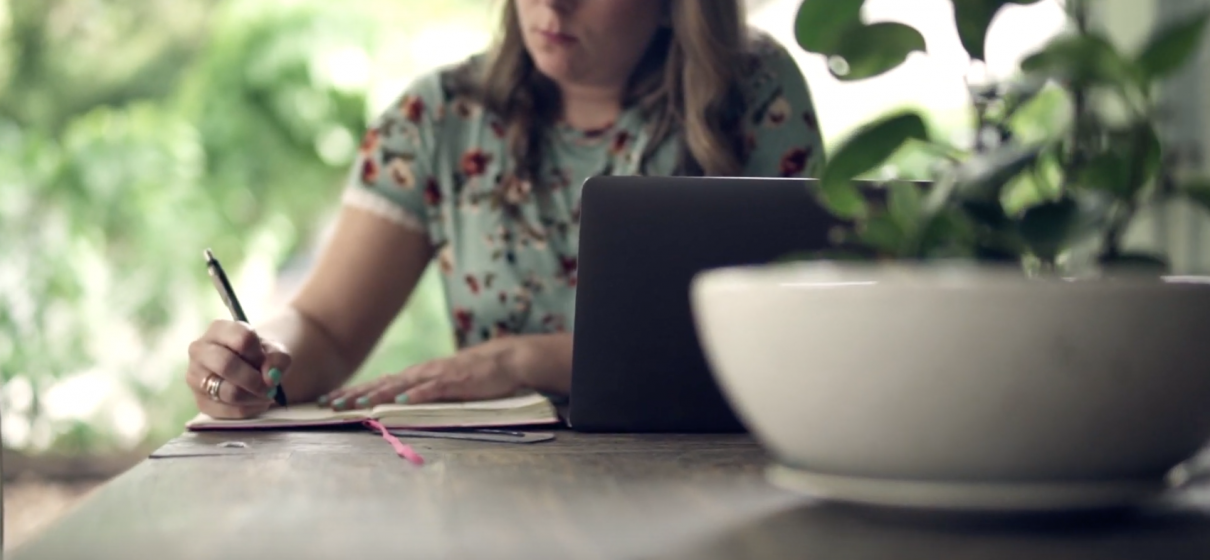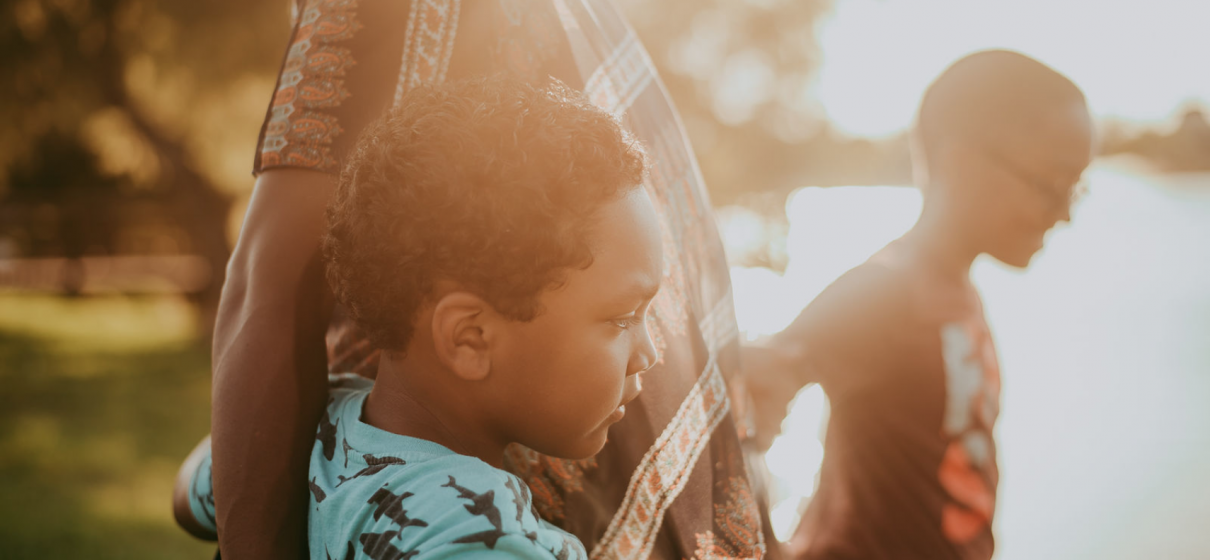Their friendship began at a party.
Meredith Harris once sold a gift-products line called Thirty-One to a house full of laughing women. The events were always upbeat, and Meredith delighted in hosting her friends for a light evening of fun.
After one such event, Meredith was packing up and talking with an acquaintance, Allison Swenson. The two were shooting the breeze when Allison abruptly changed the direction of the conversation.
“Allison said, ‘I haven’t really shared this with anyone, but I just had a miscarriage,’” Meredith recalled. “I remember feeling very special that [she] would share that with me. That just fast-forwarded the depth of our friendship because [she] had shared something that was very painful.”
Meredith and Allison both recognize that conversation over a decade ago as the first of many times each would walk the other through loss.
“Allison and I’s friendship is very intertwined with grief,” said Meredith.

Allison Swenson with her husband, Brad, and their two sons, Bradley and Cole.
“So, several years ago,” said Allison, “I started a pregnancy journey that began with a miscarriage and then two live births. One little guy lived for 30 minutes and the other little guy lived for 20 days.”
Allison, her husband, Brad, and their two young sons have experienced other losses, as well. Hurricane Harvey devastated their home, and, most recently, Allison’s father passed away.
Meredith’s grief journey began as one grieving alongside her friends.
“My journey [began by] walking with friends who lost two of their children to unforeseen heart issues within one year,” she said. She then walked alongside her friend Allison as she grieved the losses of her two children.
“And then my seemingly very healthy brother died unexpectedly of a cardiac event when he happened to be at our lake house,” Meredith said. Her only brother, Bill, left behind his wife, pregnant with their second child, and a very young son.
As these two friends have journeyed through their own losses, those of each other, and other friends, they have gained unique perspectives on navigating friendships and loss and how to hold steadfast to their faith through grief. They have waded into the challenging and overwhelming waters of grief and come out stronger.

From left to right: Denise Ward (Meredith’s mom), Meredith, Brad and daughters, Amy Ward holding son, Bill Ward (Meredith’s brother), Dave Ward (her father).
On being the best friend you can be
Both Meredith and Allison noted the many ways friends cared for them in their grief. One friend who loved fashion hand-selected outfits for different occasions Meredith would need to attend. Allison recalled how, while she was on hospital bedrest, Meredith and another friend “drove inside the loop” every week to inject much-needed laughter in dark times. There were friends who delivered groceries and friends who cleaned their houses, only asking that they leave the door unlocked.
And it’s here that they have advice for the person grieving: allow your friends to serve you. And to the friend: serve the way you feel led, not how you think it should look.
“We cannot put our friends in a box of one way to love and care for us,” said Allison. “Allowing my friends to serve me and love me in their gift sets is really valuable.”
As Meredith grieved the loss of her brother, she saw that sustaining friendship with a grieving person equates to simply being present. Meredith’s parents’ house became the hub for visitors, family staying over from out of town, and gatherings. People brought food to their home for over a month, so they kept an ice chest on the front porch for deliveries. One friend stopped by to put fresh ice in the chest every day for a month.
“It was just the most wonderful [thing],” she said. “No words were used, but it communicated, ‘I love you. I thought about you. I took care of a need today.’”
Ultimately, those acts of service done by people uniquely created by God to serve in specific ways helped Allison and Meredith, in their respective situations, grieve well, and it displayed the body of Christ in action.
“If you have that calling and feel truly led, just go do it!” said Allison. “Send the card, go to the funeral, make the phone call, drop toilet paper on the front stoop… because when those things don’t happen, that’s when you feel alone, lost, and forgotten.”
Meredith added that, as a friend, your duty is to “say with your words, ‘God has not left you’ and then communicate with your life that you have not left that person either.”
In the aftermath of Hurricane Harvey, Allison and her husband were not able to get back to their home in the first few days and had to allow friends to begin the process of gutting their home and removing their possessions to curb the growth of mold.
“During Harvey,” recalled Allison, “that’s what I felt like the Lord was screaming at me: ‘You are known, you belong, and you are okay.’ And that overshadowed every single thing we lost. Everything was out on our front lawn, but people were waiting there for us to drive up.”
On how to love a close friend who is grieving
Meredith and Allison both talked about a deeper kind of friendship — “safe” friends who allowed them to be honest. These were the life-giving friendships that helped them to walk in a healthy place as they grieved. The sometimes difficult part was discovering that not all of their friends were able to give this kind of friendship.
“For me it’s just trust,” said Allison. “Without that trust, I would not be vulnerable. Vulnerability in grief and trauma is important because I need to feel safe, loved, heard, and seen in my most raw state… Having permission to be true and unashamed and allow myself to feel in front of someone else is life changing.”

Brad and Meredith Harris, and their two daughters Charlotte and Camille.
Meredith added that she began to clearly see a distinction between “people that can handle deep pain with you and people that are not ready or have not personally experienced any deep pain.” The latter, she says, “still want to keep [deep pain] at an arm’s distance.”
“And you have no choice when you are in the pit of grief other than to be really raw,” Meredith continued. “And so if there are people that cannot enter in with you — and that just looks like sitting with you and letting you snot cry — if they can’t handle that, it’s almost a natural thing. They kind of just stay away because it’s too much for them.”
Meredith came very close to being stunted by her fear of dealing with a friend’s immense grief. When she and her husband, Brad, arrived at a hospital to be with their friends whose son had been rushed to the ER after collapsing at soccer practice, they arrived at a scene that turned out to be much more complex and difficult than they had imagined.
“We walk up to the hospital doors and [our friend’s father] comes out screaming to God, not screaming at God, but in a fearful way,” Meredith recalled. “And then I stopped dead in my tracks, and I said ‘I can’t do this.’ Brad had his hand on my back and said, ‘You don’t have a choice.’ And he lightly shoved me, like we’re gonna do this together.’”
Meredith looks back on that as a defining moment for the kind of friend God calls all believers to be: one who wades into the waters of grief alongside their friend.
“God calls you to go,” said Meredith. “To make the phone call. To show up at their door. To be uncomfortable.”
On pointing a grieving friend to God’s truth
Staying connected with biblical truth is absolutely essential for a grieving person, and they need friends grounded in the truth of God to help them navigate their grief.
“Before it gets to that point [of tragedy], I would encourage people to be known,” said Allison. She emphasized the importance of being connected in community no matter what is going on in your life “so when something happens you can allow yourself to be counseled.”
“You know [the truth] in your head, but there’s this incredible disconnect with your heart,” said Allison. “What’s in your head keeps you grounded. Staying connected, pursuing community, pursuing truth always – every day – can prepare us for this life-altering moment.”
Meredith agreed, “Being immersed in the truth in everyday life prior to the grief is really key. If you have this beautiful foundation when things are pretty peaceful and have this steady peace in your life… [you remember] the God who loved me in a steady time has not left me now.”

From left to right (standing): Lindsey Lehtinen, Meredith Harris, Allison Swenson, Brigette Swafford. From left to right (seated/crouching): Nicole Haas, Erin Funke, Christie Frodge, Laura Sherman.
This concept can sometimes be fleeting, even for seasoned believers, when faced with tragedy.
“I have one brother. We both love Jesus and are in the middle of actively trying to serve God. And God just takes him,” said Meredith. “I think there is something in us that thinks that there are some things that are off limits.”
“So you need people who are brave enough to tell you ‘That’s not true’,” said Allison. “There are so many people going through really hard things and won’t allow themselves to be vulnerable or people to know how they’re really doing. I just want to encourage that pursuit of finding that person [or] people… and not to give up when you get burned.”
These are the friends that offer a lighthouse of guidance when those around them cannot find their way.
On finding strength in grief
As Meredith and Allison have allowed God to heal them over time and allowed friends and family to speak God’s truth into their lives through serving them, they have both recognized a subtle change in the way they approach life, faith, and others.
And that is a work of God.
“I thought I cared well for people before Bill died, but once I experienced it for myself, I [realized] I had no idea what they were truly feeling,” said Meredith. “I wanted to care for them, but relishing in their pain with them — I had no clue.”
Carrying the burden of another’s pain might seem weak or problematic, but it is actually a source of strength. It is a quiet strength, they now see, but it has emboldened their faith.
“Strong is not defined by ‘I don’t hurt or have pain,’” said Allison. “Strength is not defined by how many tasks I get done or whether I can push my emotions aside. If you can survive, if you can stay present for your family, I think there’s strength in that. I think there’s strength in staying married in grief, staying in friendships, getting out of the house. All of those things are strong.”
Ultimately, only God has provided the strength Allison and Meredith have needed to endure the overbearing storms of grief.
“Strength is continuing to have hope”, said Meredith. “I haven’t lost hope. Being rooted in hope — that’s where I have found my strength. And I have learned so much about God’s sustaining power in this. Less miraculous, flashy Jesus and more the steady hand of the Holy Spirit. He is preventing me from feeling crushed. I am broken, but I am not crushed.”
Allison also felt God’s miraculous work in her life to bring her peace in the midst of devastation.
“The closest I have felt to the Holy Spirit,” said Allison, “was washing [my son] William after he had passed and dressing him. And I long to feel that connection that I felt in that moment. I should remember that as one of the most devastating moments of my life, but I remember it as this beautiful peace that I have not felt again. I think that’s the miraculous part.”
On their friendship
These two women have endured much devastation and loss in the first decade of their friendship. But they count all of it toward setting a firm foundation that they’ve relied upon for safety, accountability, and truth in their darkest days.
“Allison was one of the only people I shared the depths of how ugly it really got,” said Meredith. “I was really transparent with her, and she could totally handle it. She was not freaked out by what I said. She validated my feelings, but then pointed me to truth.”
Allison agreed. “We don’t pull any punches. We can speak some pretty deep truth and trust that it’s okay.”
This is what Allison and Meredith believe is the most needed type of friend when you are going through the worst experience of your life. One who is present. One who will hold steady. And one who will point you to the only one who can truly offer hope and healing in the midst of the storms of life.
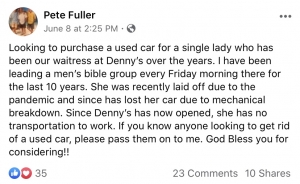 “I picked up the story about that time, and so I started reaching out to see if anybody had a used car,” Pete said. “And then the small group guys were talking about pitching in… But outside of our group, I had a couple people just because I posted on Facebook… And a couple of my friends, just from reading that, pitched in.”
“I picked up the story about that time, and so I started reaching out to see if anybody had a used car,” Pete said. “And then the small group guys were talking about pitching in… But outside of our group, I had a couple people just because I posted on Facebook… And a couple of my friends, just from reading that, pitched in.”


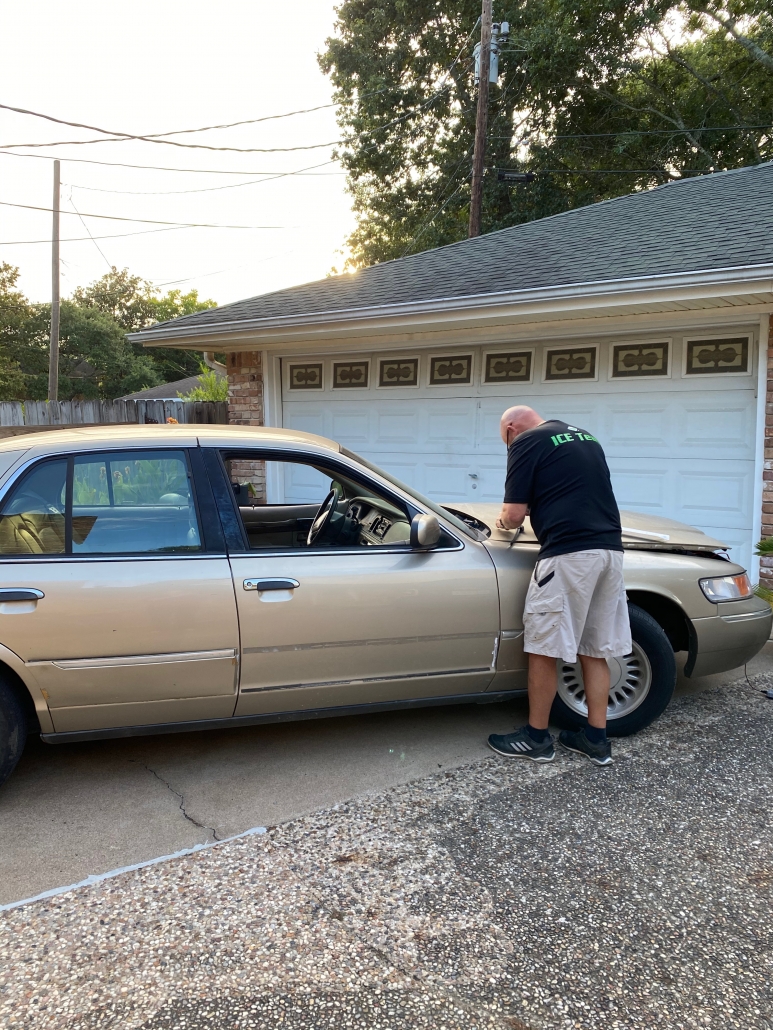
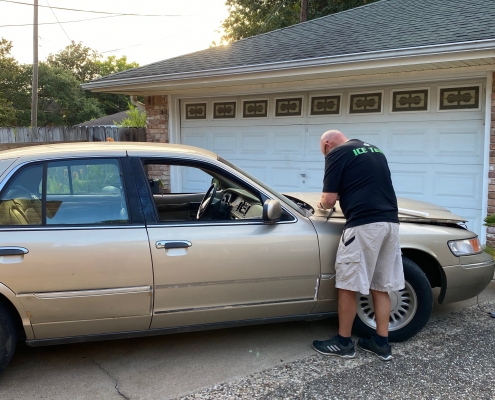
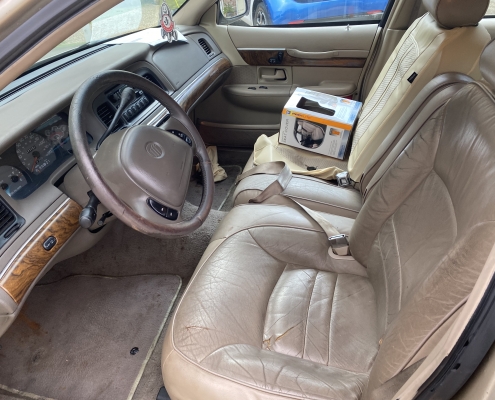
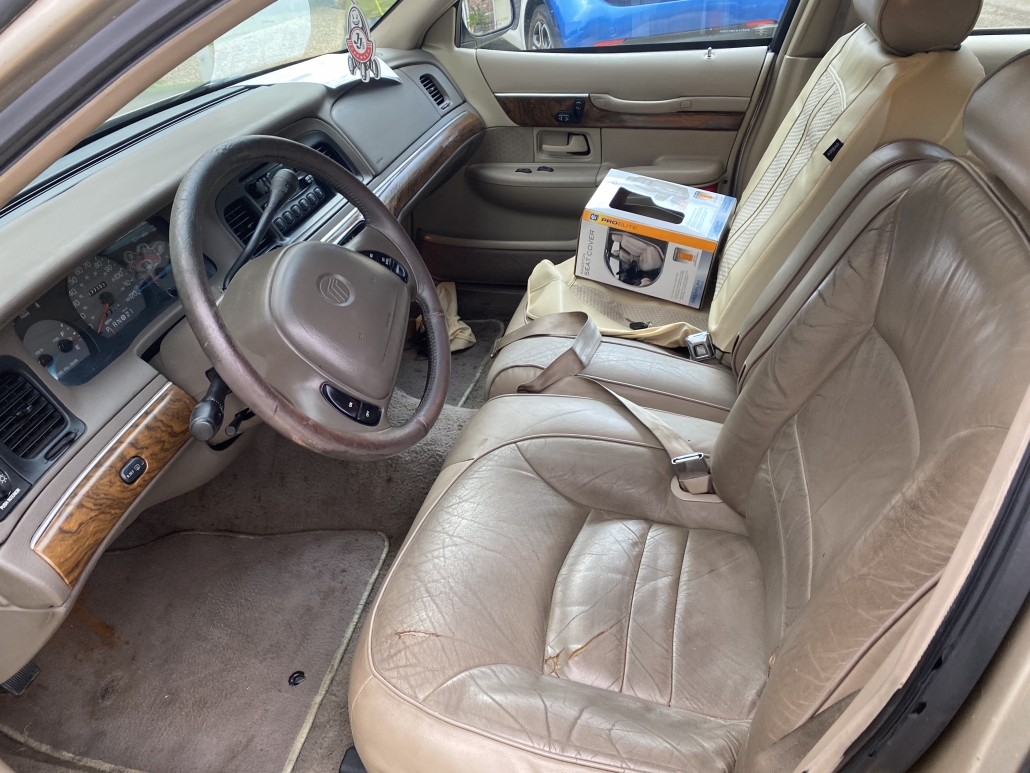
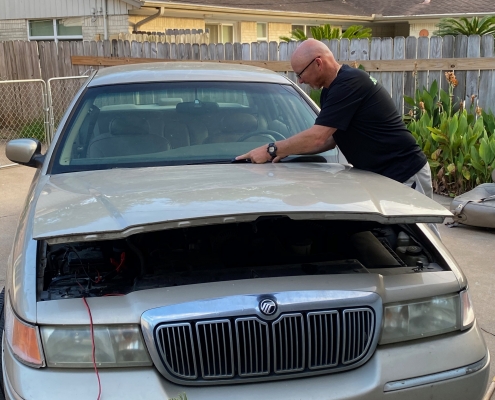
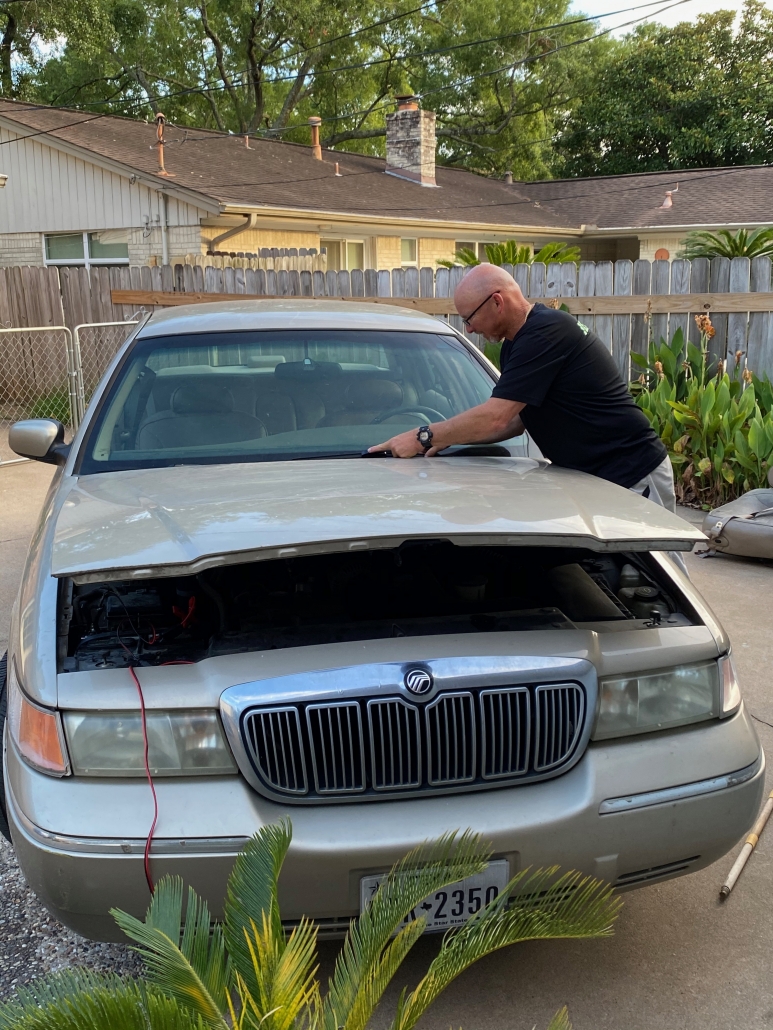
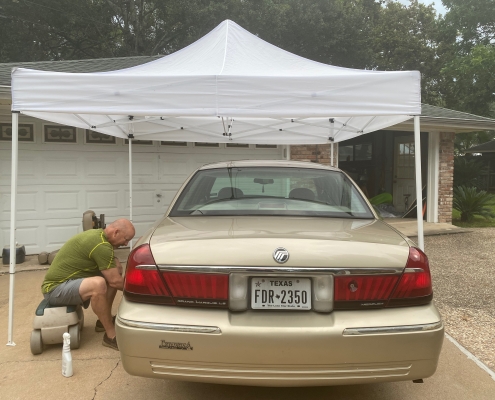
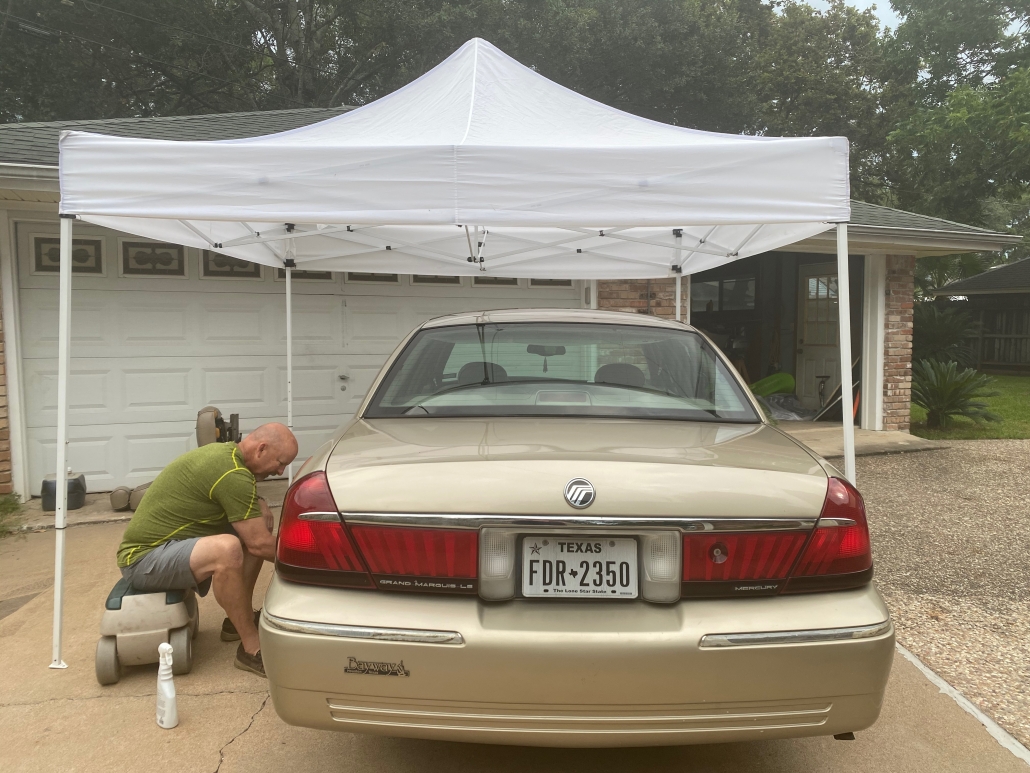
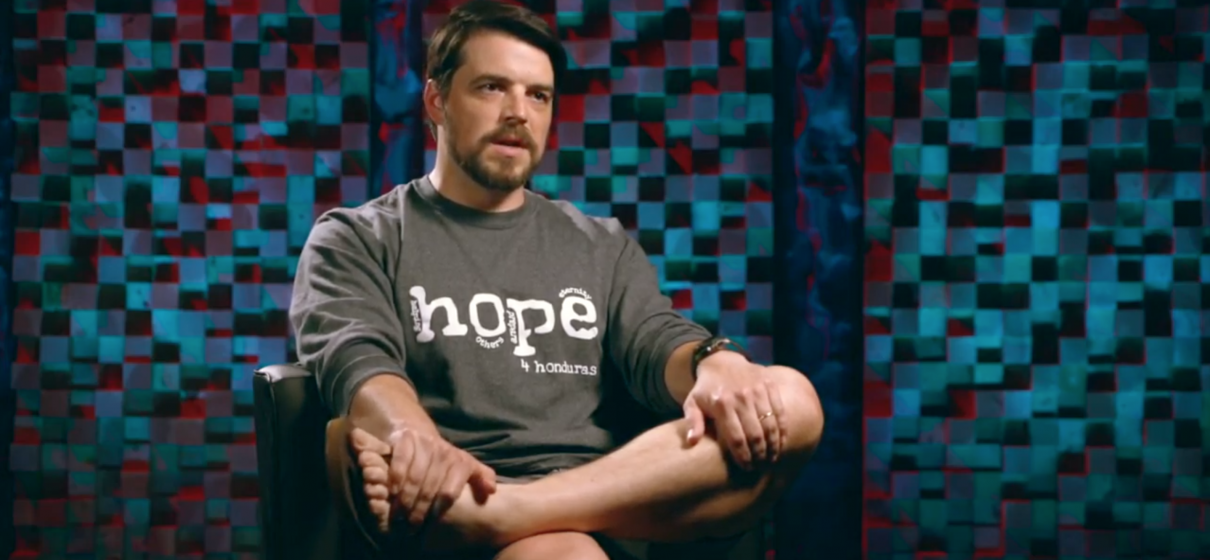
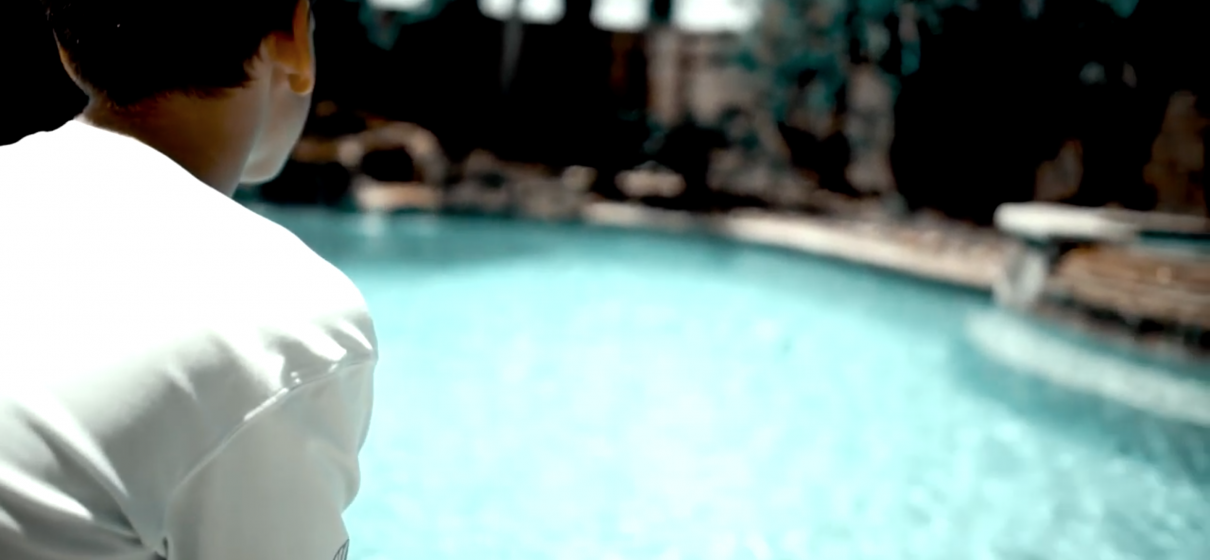





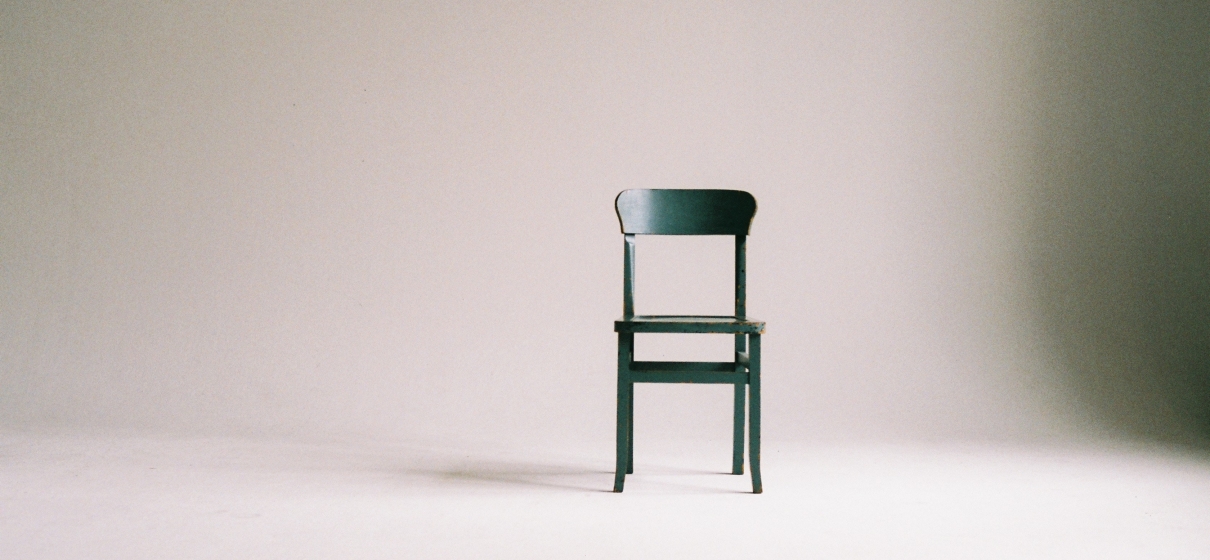
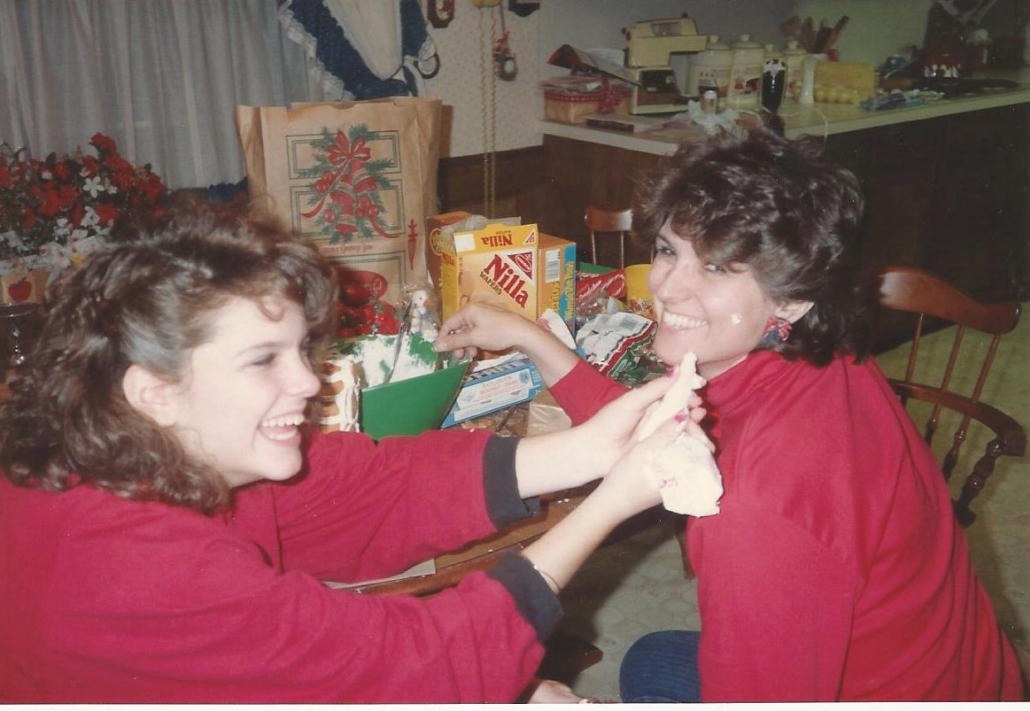
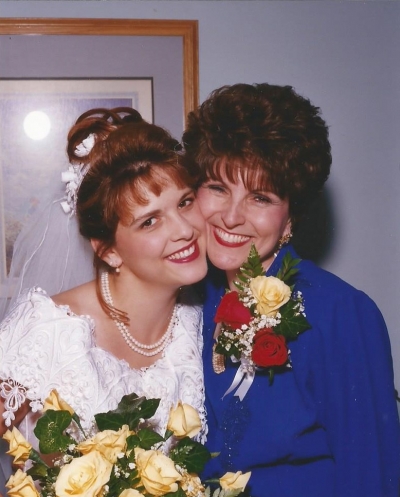
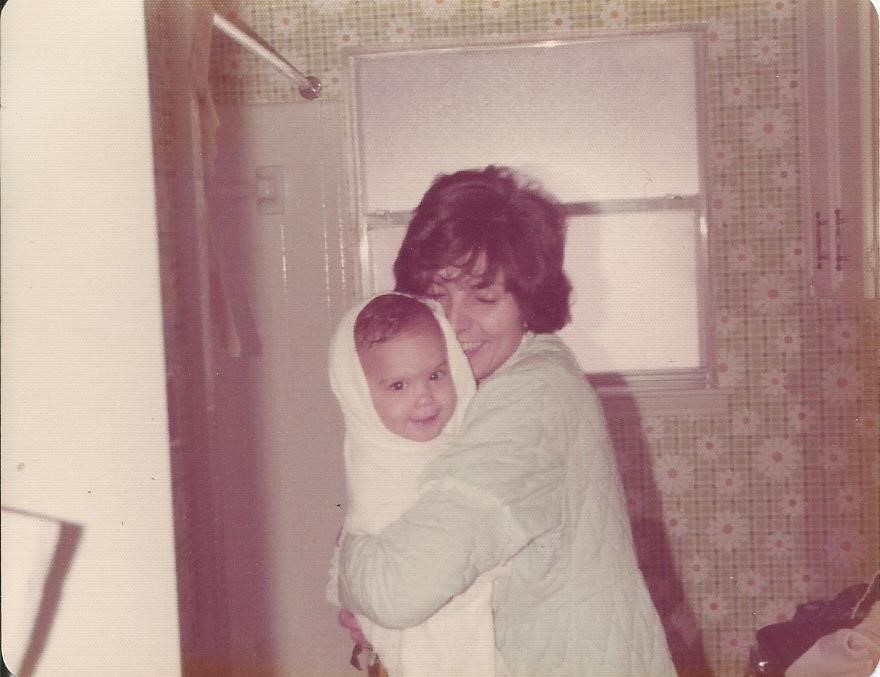
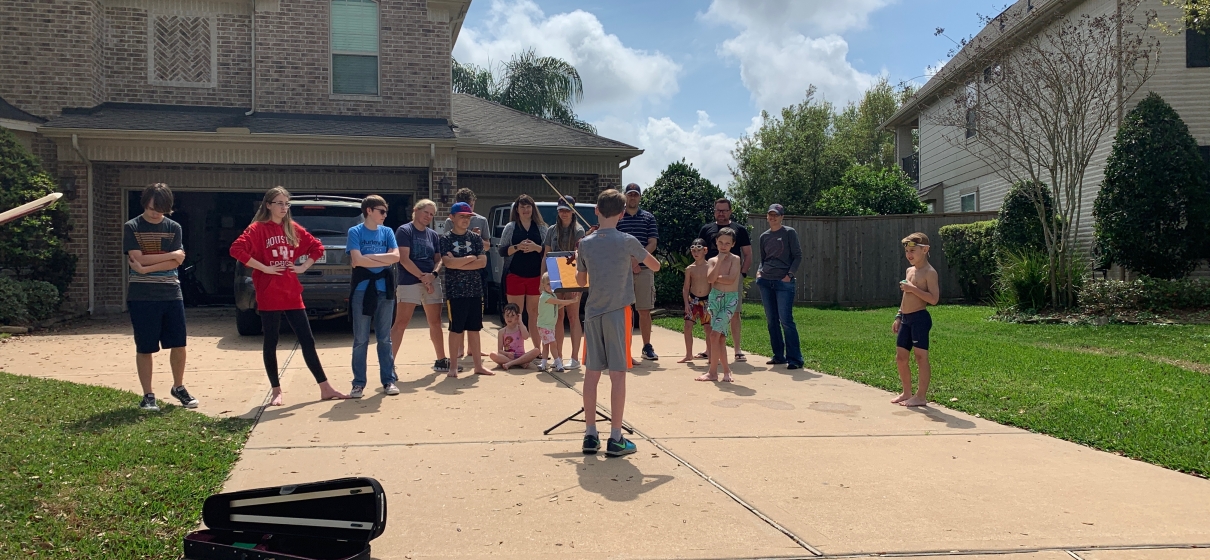
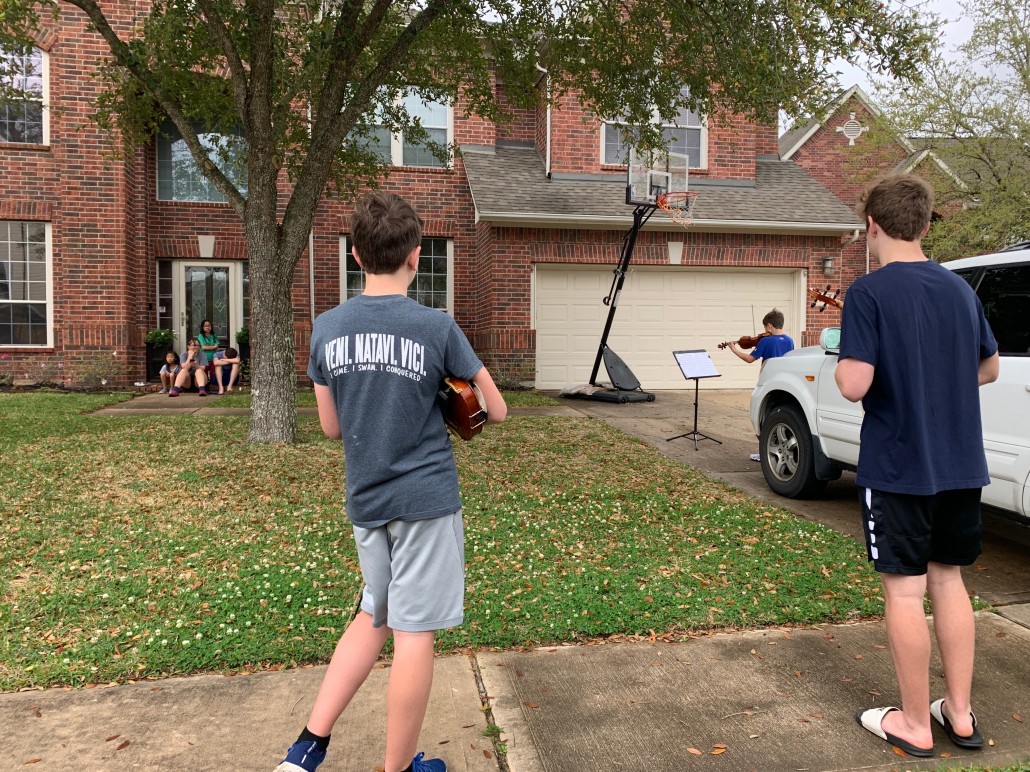
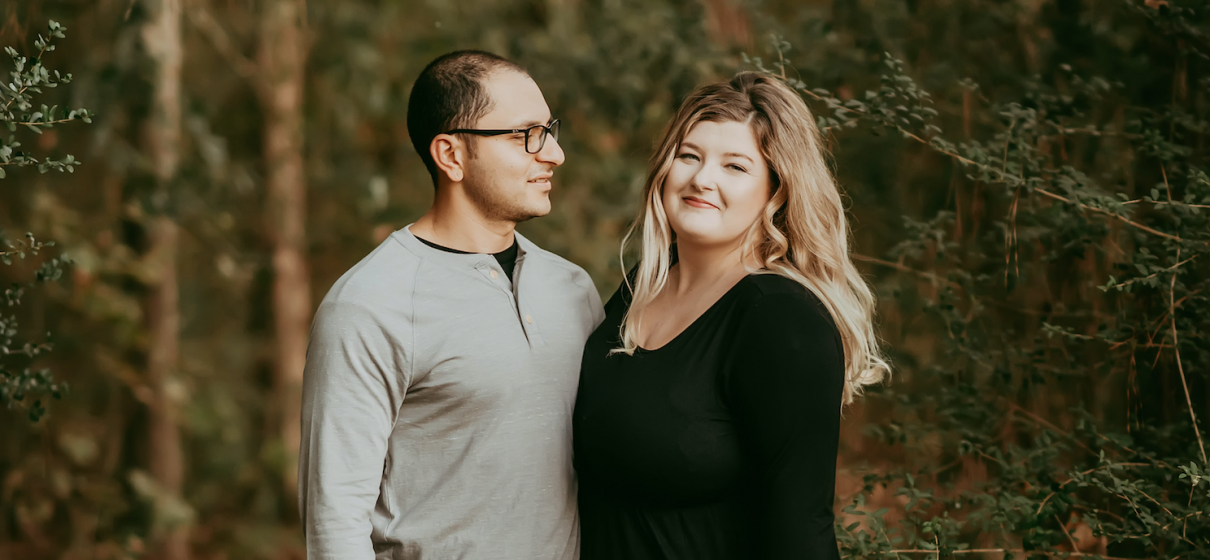
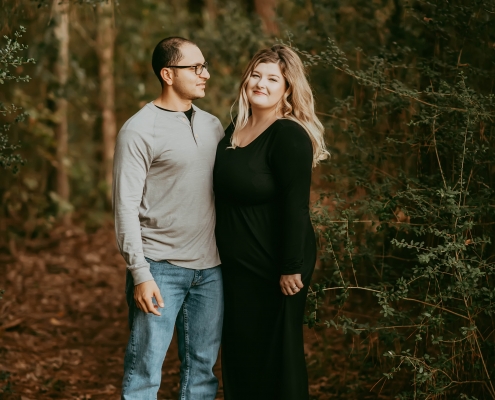 They would talk about their thoughts on the current small group study, and it was the first chance in a long time to connect with one another about something deep. In those moments, without their kids and without distractions, Erin and Eli began to develop a friendship again.
They would talk about their thoughts on the current small group study, and it was the first chance in a long time to connect with one another about something deep. In those moments, without their kids and without distractions, Erin and Eli began to develop a friendship again.